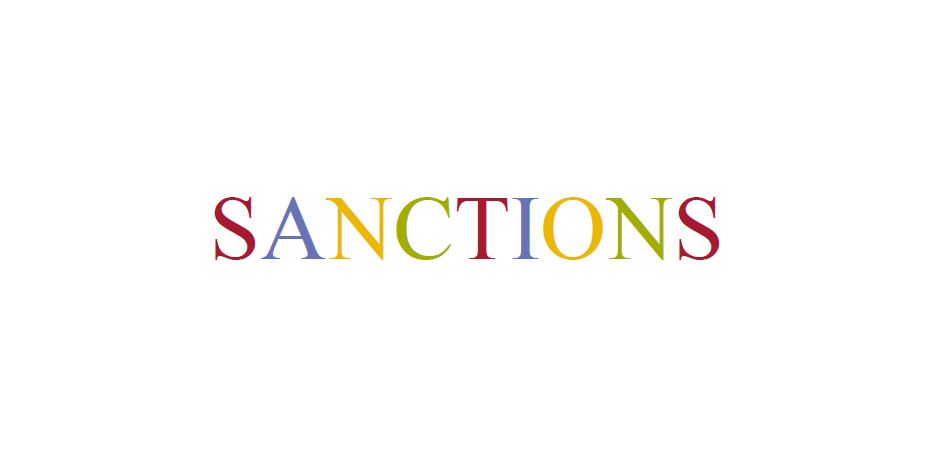On October 7, 2016, the U.S. Treasury Department’s Office of Foreign Assets Control (OFAC) updated its list of Frequently Asked Questions (FAQs) Relating to the Lifting of Certain U.S. Sanctions under the Joint Comprehensive Plan of Action (JCPOA). These updates provide clarification on existing OFAC guidance originally issued in January 2016 and most recently updated in June 2016. For more information on the June 2016 updated guidance, please see our blog post here.
These FAQs do not reflect any changes or relaxation of U.S. sanctions targeting Iran. Rather, OFAC amended the June 2016 version of the FAQs to clarify and reiterate its position on certain banking practices related to Iran and on activities under General License H. OFAC also added three FAQs to provide guidance on due diligence practices for non-U.S. persons engaging in transactions with or involving Iran.
Financial and Banking Measures
- In the updated FAQs, OFAC reiterated its position that non-U.S. financial institutions may process transactions denominated in U.S. dollars or maintain U.S. dollar denominated accounts that involve Iran. Such activities by non-U.S. financial institutions may occur provided that the transactions or accounts do not involve, directly or indirectly, the U.S. financial system, any U.S. person, or any person on OFAC’s List of Specially Designated Nationals and Blocked Persons (SDN List).
- OFAC reaffirmed the prohibition against “U-Turn” transactions, i.e., U.S. dollar clearing transactions involving Iran that begin and end with non-U.S., non-Iranian financial institutions. In sum, non-U.S. financial institutions are still prohibited from clearing U.S. dollar transactions involving Iran through the U.S. financial system or by involving U.S. persons in such transactions unless such transfers are authorized by OFAC or exempt from the prohibitions under U.S. sanctions targeting Iran.
- The updated FAQs confirm that U.S. financial institutions may transact with non-U.S., non-Iranian financial institutions that do business with Iranian financial institutions. The FAQs indicate that such Iranian financial institutions may not be on the SDN List.
General License H Operating Policies
- OFAC reiterated that General License H authorizes a U.S. person to change the operating policies and procedures of a U.S. entity or its owned-or-controlled foreign entity multiple times to enable the foreign entity to engage in transactions pursuant to General License H. These changes may not be pursued to facilitate any particular transaction involving Iran.
New Due Diligence FAQs
- In the new due diligence FAQs, OFAC advised that it is not necessarily sanctionable for non-U.S. persons to engage in transactions with entities that are controlled or minority owned by an Iranian or Iran-related person on the SDN List. That said, non-U.S. persons should exercise caution when engaging in such transactions to ensure no SDN is involved.
- OFAC stated that sufficient due diligence on potential Iranian counterparties for non-U.S. persons might require more than screening the names of the potential counterparties against the SDN List. In addition to such screening, OFAC suggested that a non-U.S. person should ensure that due diligence reflects its internal risk assessment, best practices of the relevant industry, and due diligence expectations in its local jurisdiction.
- Finally, OFAC reiterated that best practices for non-U.S. financial institutions include performing due diligence on their own customers. OFAC clarified, however, that it does not expect a non-U.S. financial institution to repeat due diligence that bank customers have performed on their own Iranian customers unless the financial institution has reason to believe that such due diligence is insufficient.



